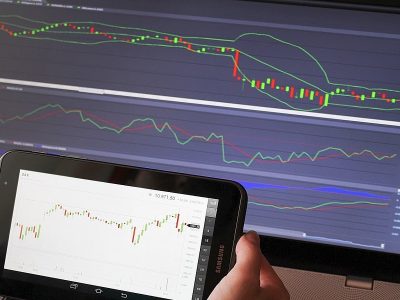A CIBIL score is one of the most critical metrics determining your creditworthiness in India. Primarily used by financial institutions to evaluate loan and credit card applications, this score can be influenced by various factors. But does activity in your demat account have a direct bearing on your CIBIL score? This question often arises as more Indians turn to stock market investments, and the answer requires a nuanced understanding of how credit and investment activities are assessed.
Does a Demat Account Impact Your CIBIL Score?
Opening a demat account or engaging in stock market trading does not directly affect your CIBIL score. Since a Demat account holds securities, such as shares and bonds rather than credit instruments, it is not considered when calculating your credit score.
However, there are indirect ways in which your demat and trading account activities might influence your creditworthiness. Let’s explore these scenarios:
Loans and Credit Linked to Investments
If you’ve taken a loan against shares or pledged your securities as collateral, your repayment behavior will impact your CIBIL score. Any delay or default on such loans will reflect negatively on your score.
Similarly, if you use your demat account as part of a margin trading facility your broker provides, failing to meet margin requirements could lead to financial strain and potential credit issues.
Excessive Use of Credit for Trading
While the urge to invest more during market rallies is natural, using personal loans or credit cards to fund your trading activities is risky. Overleveraging through credit can lead to repayment challenges, affecting your score. Responsible financial planning is essential to avoid such pitfalls.

Linking Bank Accounts and Financial Health
A demat account is often linked to your bank account, where transactions such as share purchases, dividends, and trading fees are reflected. If your trading activities consistently drain your account balance or lead to overdrafts, it may indirectly signal financial instability to lenders, impacting your creditworthiness.
Why Responsible Trading Practices Matter
While investing is a great way to grow wealth, ensuring it doesn’t lead to financial strain is crucial. Responsible trading practices, such as using only surplus funds for investment, avoiding high-risk leveraged products, and maintaining adequate savings, can safeguard both your financial health and credit score.
Tips for Investors to Manage Financial Impact
- Separate Credit and Investments: Avoid using loans or credit cards to fund stock market activities. Trade with disposable income to maintain financial balance.
- Monitor Your Credit Usage: Keep an eye on your overall debt-to-income ratio to ensure you’re not overleveraged.
- Stay Disciplined with Loan Repayments: If you’ve taken a loan against shares or availed of margin facilities, ensure timely repayments to protect your credit score.
- Choose the Right Trading Platform: Opt for platforms that offer cost-efficient services and robust tools to manage your investments effectively.
Opening a Demat Account: Choosing the Right Platform
For those looking to open a demat account, it’s essential to choose a platform that simplifies trading while minimizing costs. The Demat account opening process should be straightforward, and platforms like m.Stock by Mirae Asset, Angel One, and Upstox are gaining popularity for their competitive offerings.
Conclusion
While direct activity in your demat or trading account doesn’t impact on your CIBIL score, indirect factors like credit usage and loan repayments linked to investments can influence it. By maintaining financial discipline and understanding the interplay between credit and investment, you can safeguard your CIBIL score while building your portfolio.








Comments